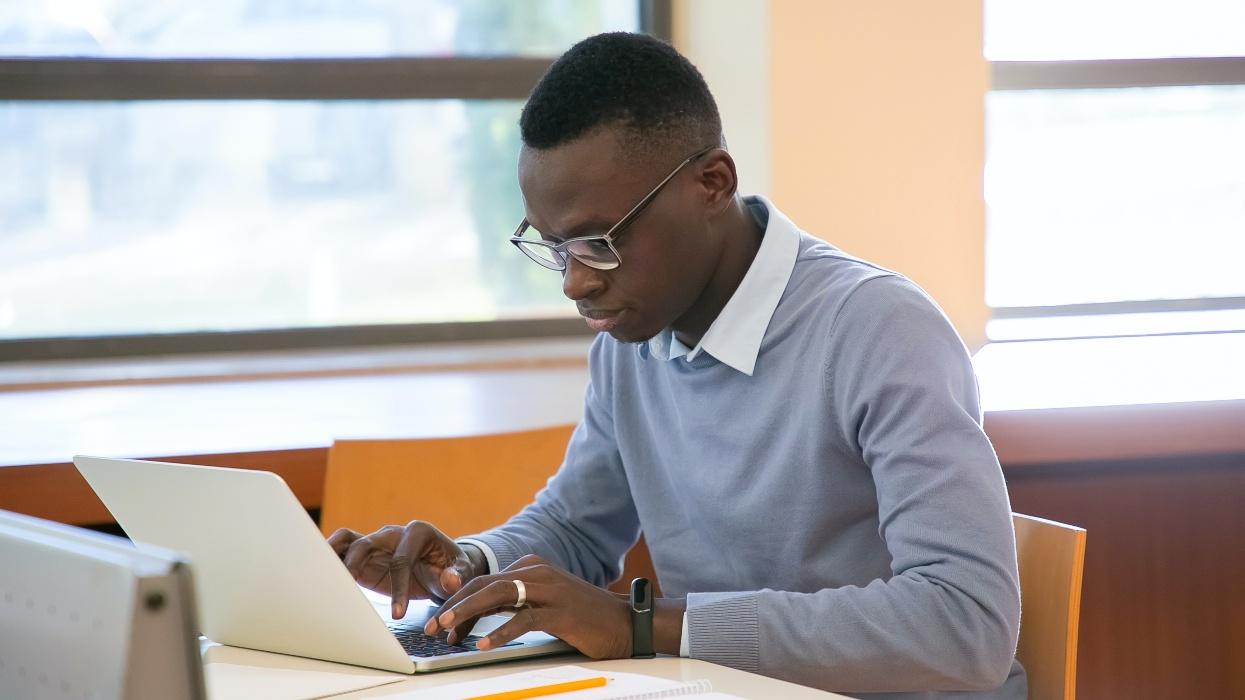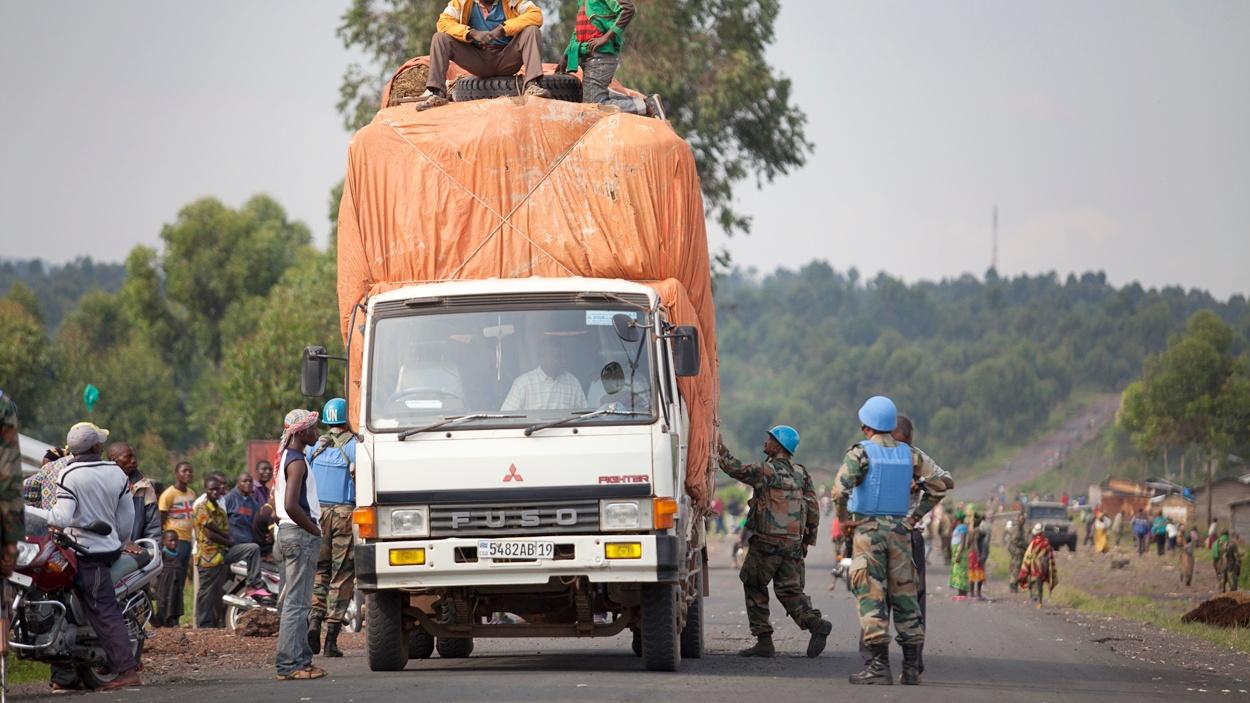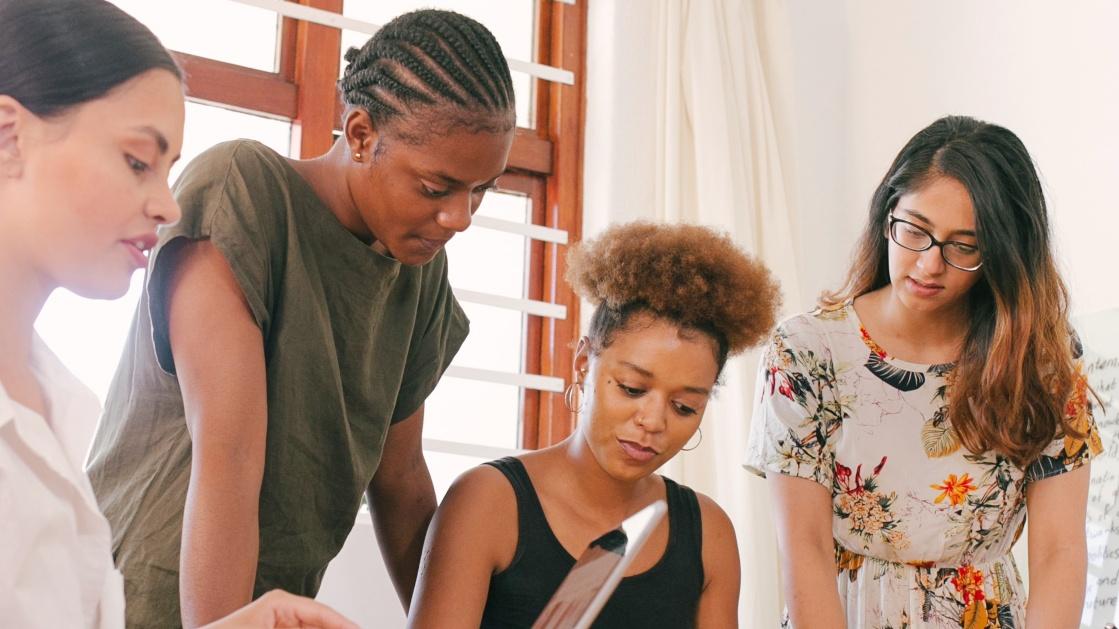Researchers in the global North often make assumptions about the motivations and abilities of local research collaborators in the global South. Not only are these assumptions often wrong, but involving local research assistants in the full research lifecycle is fairer and able to produce better academic results.
This post was produced as part of the Bukavu Series, a series of blogs highlighting the violence that persists in the process of academic knowledge production.
I’d like to reflect on three main assumptions that circulate concerning research assistants and collaborators from the global South.
According to a first assumption, research assistants are only interested in money. Not only is this assumption false. It adopts a simplistic and reductionist understanding of what research assistants actually aspire to. Certainly, income is necessary and provides compensation for the work. But to reduce research assistants’ motivation for seeking employment to the money they earn reveals a misunderstanding of their true ambitions. My discussions with our assistant, as with many others, illustrates how they conceive participating in research projects as an opportunity to move ahead in life. Research represents an opportunity to build or extend their networks; enhance their legitimacy in their field of interest; and improve their capacities in their profession. As a result, the money they earn, which in fact often arrives sporadically, is – for many of them – not the ultimate reason for collaboration. They, like many senior researchers, are driven by their passion and career ambitions.
A second assumption: research assistants aren’t sufficiently proficient in academic writing. This is often raised by senior researchers to justify why they don’t involve their collaborators and research assistants in co-authoring. However, even if this may be true to a certain extent, collaborative research should consider all stages of the research process as essential. And research assistants often do participate in several stages of the research process: preparatory workshops, designing data collection tools, contacting and mobilising actors in the field, gathering data, producing research reports and – sometimes – sending additional information after the work is completed. One specific stage of the process – writing the publication – should not stand above all others. All roles in the academic process should be considered complementary. The assistant shouldn’t be considered a liability in the knowledge production process.
In fact, a collaborative scientific process could be oriented toward strengthening the skills of each person. As the research assistant helps the senior researcher access the research field, the senior researcher could, in return, invest in supporting the research assistant’s writing skills. Indeed, writing skills improve through a learning trajectory, through a process of trial and error, which applies to both the global North and the South. We aren’t born excellent writers, we become them.
A third assumption supposes that research assistants don’t need to publish – and that, in fact, their participation in publications could even place them in danger. Taking such assumption as a starting point implies that the decision is made for them, without giving them the right to speak for themselves about their ambitions, interests and needs. In this way, senior researchers risk instrumentalising collaborative research processes – including collaborator talent – merely to extract information, thereby ignoring the opportunity for exchanging information and mentoring.
Involving research assistants in the full research cycle isn’t only a process that can help them improve their capacities. It’s a matter of fairness and acknowledgement of their role in the research cycle. Being able to contribute to the publication phase allows assistants, like senior researchers, to gain visibility, enhance their professional legitimacy and improve their professional profile. And as for the idea that participating in publications places research assistants in unsafe conditions: many of them contradict this. As one of our research assistants in Bukavu said, ‘Publishing improves our security and reduces the suspicions that our research profession raises in the community, particularly for us who work in environments characterised by a long history of conflict.’
Publishing opens up new opportunities for researchers. Being acknowledged in a publication can result in requests from media and NGOs to talk about their research; or in invitations to new collaborations. For example, one of our collaborators in northern Uganda saw his salary increase after co-publishing a blog in 2018 concerning the questionable treatment of research collaborators by senior researchers.
Photo by fauxels from Pexels.






Thanks Emery for this article, its really a challenge for us young researchers in Africa to find partners for collaboration. I have tried severally to reach out to experts in the area of Health Rights and Justice but no one has ever given me feedback. How then shall we contribute to the body of knowledge? Really bad
Participating in the entire research cycle is a good way for people to develop their skills